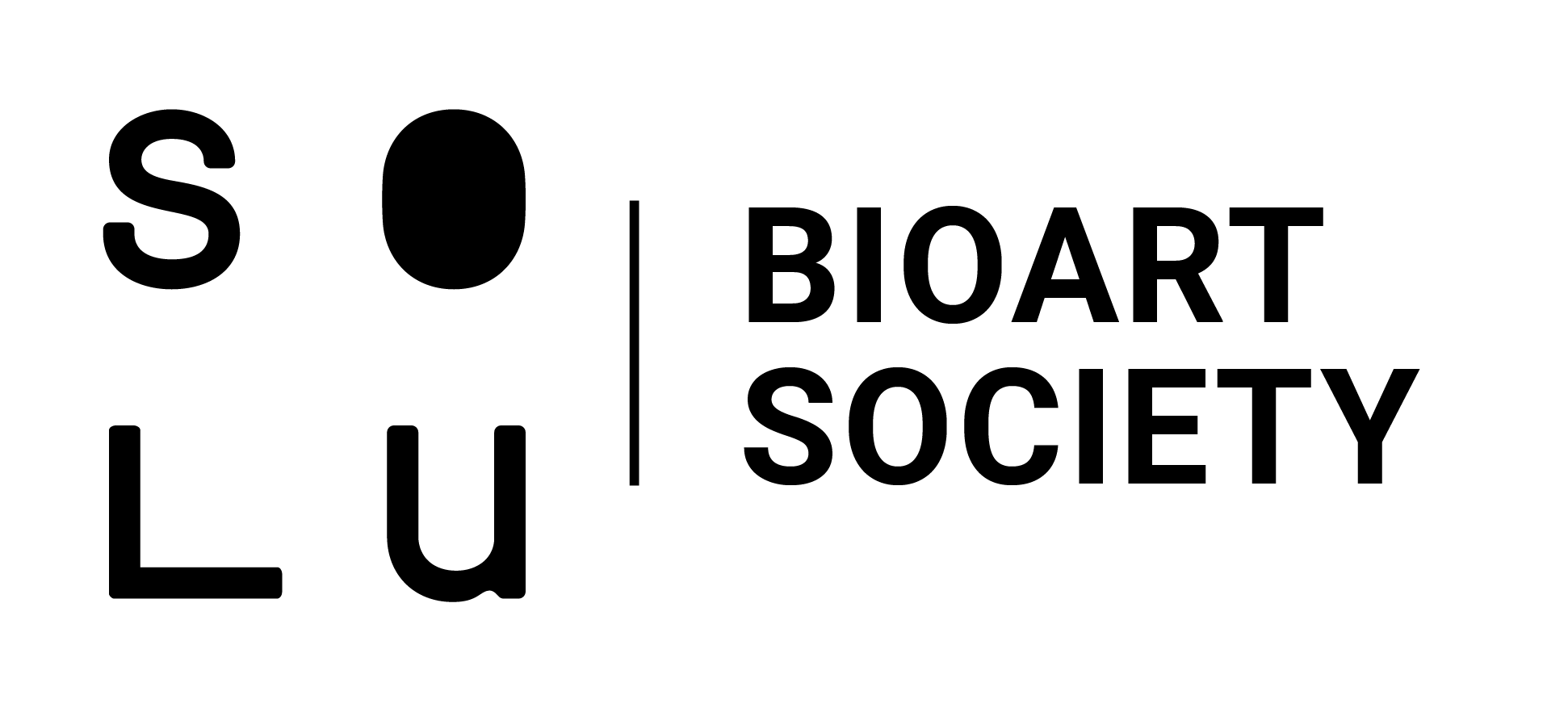Of all the excellent project proposals, artist and scientist Till Bovermann has been selected to contribute to the Science Trails residency. We would like to thank each applicant for their interest in this opportunity. The selection committee consisted of members of the Bioart Society.
The Science Trails residency is part of the project Pathways to Science and Research Stations' R&D&I services, in which the Kilpisjärvi digital science trails are developed. The trails will cover scientific topics and have a strong focus on the impact of climate change on the biosphere, hydrosphere, atmosphere, cryosphere, anthroposphere, and interactions between these. Till Bovermann will produce a work in digital form which will be part of an online trail app without any physical intervention.
During the residency, Bovermann will create an interactive digital sound walk that allows visitors to experience the sonic artwork while walking along a digital science trail. The sounds will be recordings of micro-worlds; small places like rocks, small ponds, or streams that gather a relatively big variety of plants, mushrooms and animals around themselves. Bovermann is not only interested in the biophony and soundscape of such microworlds but also the biological, environmental and cultural aspects.
Bovermann studied and worked at Bielefeld University where he received a PhD for his work on Tangible Auditory Interfaces. He worked as a post-doctoral researcher on tangible and auditory interaction at the Media Lab of Aalto University, Finland. Bovermann has been teaching instrument design, dynamic systems and sound technology at international institutions. His artworks address the relationship of contradictory elements such as urban/nature, digital/physical and algorithm/behaviour.
The Science Trails residency is organized in collaboration with the University of Helsinki and funded by the European Regional Development Fund via the Regional Council of Lapland. Science trails improve visitors' understanding of their travel destination, create both curiosity and provide answers, and develop scientific tourism in the area. They also provide a platform for sharing scientific knowledge and new ways to experience an environment.
Image: Katharina Hauke

